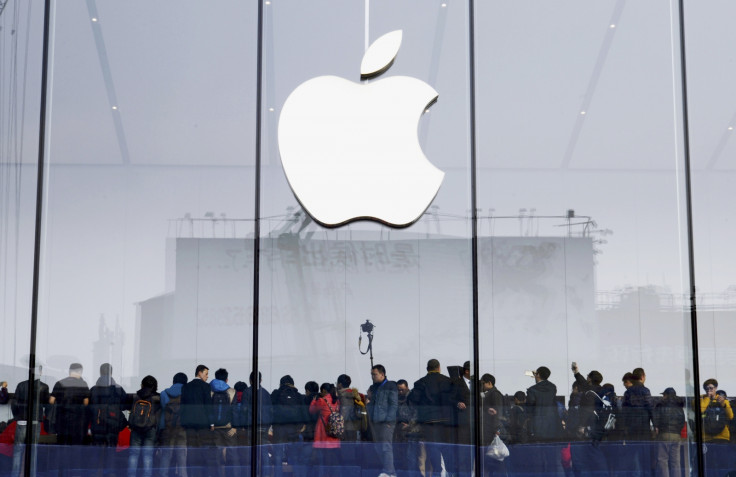Apple, Intel and Cisco products on Chinese government blocked list

The Snowden revelations have irrevocably changed the way the world works and most of us are now fully aware of how the major global powers monitor everything we do online.
While consumers may still be assessing how to react to these developments, one major global power looks to be taking proactive steps to limit the ability of agencies like the GCHQ and NSA to monitor its communications.
Over the last two years, the Chinese government has completely removed products from a number of Western countries from its state-approved purchase lists with Apple being the most high-profile omission.
However it is likely to be US networking giant Cisco which will feel the biggest pinch as it has seen 60 of its products removed from the official list in the last two years, according to a Reuters report.
During that period, the number of approved items on the procurement list - used by central ministries - has jumped 150% from 2,000 to 5,000 but this is almost entirely down to the addition of products from local Chinese manufacturers.
Other companies hit by the change in policy by the Chinese government are Intel's security arm McAfee and server software company Citrix. In total, products from Western countries fell by one third with security-focused products the hardest hit, with less than 50% surviving the cuts.
Publicly critical
China has become arguably the most important market for Apple in the last 12 months, though the launch of the iPhone 6 in China was delayed last year due to regulatory issues.
Since the middle of 2013 when revelations about widespread surveillance by the US and UK, based on documents leaked by Edward Snowden, the Chinese government has been publicly critical of the actions of the NSA and GCHQ and tensions particularly with the US have been tense.
"The Snowden incident, it's become a real concern, especially for top leaders," Tu Xinquan from the China Institute of WTO Studies at the University of International Business and Economics in Beijing told Reuters. "In some sense the American government has some responsibility for that; (China's) concerns have some legitimacy."
However some believe that the concerns about cybersecurity are simply a smoke screen to help nurture local Chinese companies rather and help them eventually expand overseas.
The situation is reversed in the US where major Chinese networking company Huawei has been blocked from doing business due to long-held security concerns over links to the Chinese government.
© Copyright IBTimes 2025. All rights reserved.





















